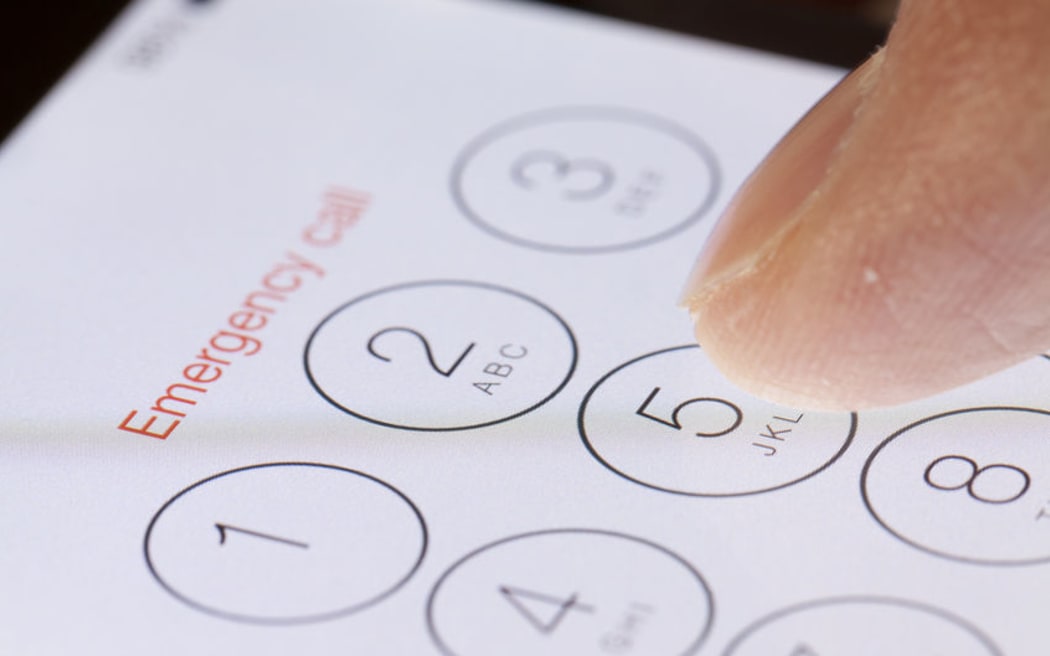
The woman was described by police as a "frequent caller" to emergency services. Photo: 123rf
A woman who made two false rape complaints met the first man she would go on to falsely accuse as he was walking to the bus station.
She was on her way to a Nelson City pharmacy, they had a short conversation and at her suggestion, he gave her his phone number to arrange a future walking and coffee date.
But the man was soon being interviewed by police after the 36-year-old woman dialled 111, alleging he had followed her home, forced her into her house and then raped her.
The woman, described by police as a "frequent caller" to emergency services, has 308 records of interaction with police, mostly related to self-harm incidents, and has previously reported 16 sexual assault complaints, which prompted police investigations on each occasion.
In most cases, the suspects were known to her.
The woman, whose name was suppressed on mental health grounds, was sentenced in the Nelson District Court this week to come up if called upon in the next six months on a charge of making a false statement that an offence was committed.
She was also sentenced on a charge of speaking threateningly after she told a constable during an initial interview that she would kill her if police did not take her complaint seriously.
Her lawyer, Rob Ord, said the pre-sentence report showed his client had many challenges linked to the harm she had experienced throughout her life, and that problems arose when she wasn't taking prescribed medications.
Police prosecution said the consequences of the complaints against the alleged suspects had been significant, and that they hoped the defendant was aware of the effects on the men.
Sergeant Daryl Fenemor said it had also taken up police time and effort to investigate the complaints.
On the evening of 14 August last year, the woman, who lived alone, was at the Nelson Hospital accident and emergency department when she phoned police to say she had been raped earlier that day.
An on-call detective went to the hospital and was told by the defendant she had been walking from her home in central Nelson that morning to collect medication from a pharmacy when she met the man and he had followed her home.
She alleged that when she unlocked her front door he "forced himself upon her, raped her, pulled her hair and called her names".
The detective arranged a forensic medical examination and referred her to a local sexual abuse support agency.
On 25 August the woman was interviewed and police said her story was consistent with the one she had given earlier, except she was unable or unwilling to provide much detail about what happened to her in the house.
She became angry when she was asked to clarify aspects of the allegation, which was when the defendant threatened to kill the constable interviewing if her complaint wasn't taken seriously.
Police could see from CCTV footage from cameras in locations around the city that while the defendant and the man were seen walking together near the pharmacy on the morning of 14 August, the man was then seen walking away towards the city bus depot as the woman left the pharmacy and walked towards the main street.
She was alone, with no one following her, the police said.
A CCTV camera in the defendant's shared driveway showed no one had followed her and a neighbour who saw her arrive home vouched that she was alone.
CCTV cameras in the locations where the man said he had gone verified his story about his movements that day.
Just before midnight on 30 August last year the woman again called the police to report the second rape at a city park.
She claimed she had been plied with alcohol at a city bar and had been dropped off near her home in a taxi that was close to the park when three men who were at the bar took turns raping her.
She said the assault went on for an hour before she was able to make it home and call the police.
Police could tell from CCTV footage that her story did not add up.
Judge Michael Mika acknowledged her "significant mental health challenges" and also the police's frustration at the number of times they had been called.
He said in sentencing the woman that community support was available for her complex health needs.
- This article was originally published by the New Zealand Herald.


